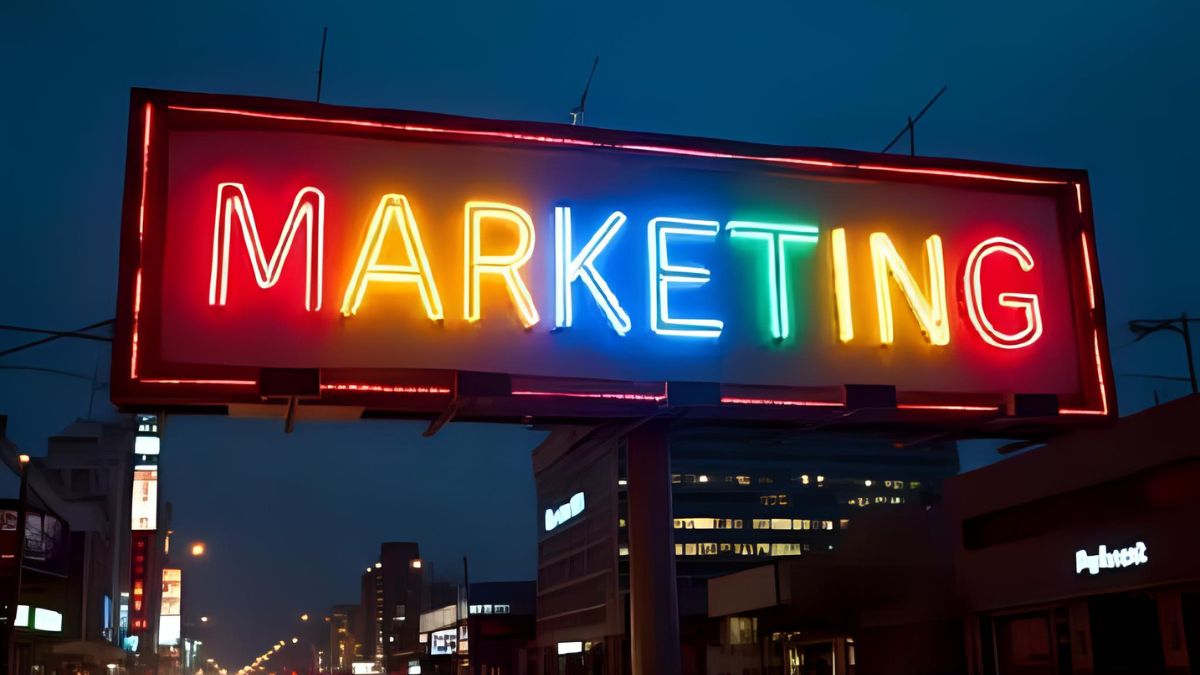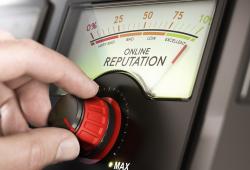
Artificial intelligence (AI) has revolutionized the way brands conceive their marketing strategies: automation, real-time personalization, trend prediction, and campaign optimization are already a reality. However, there is one area where AI implementation still lags behind: measurement and insights. This is highlighted in the Google report Summer Essentials 2025, which reveals that despite advancements in creativity, media, and personalization, measurement remains the major unresolved challenge for CMOs and marketing leaders.
ALSO READ. What are the 4S of marketing according to Google and why should CMOs know them?
What does Google’s report say about AI-driven measurement?
The report presents a striking figure: only 9% of companies have reached an advanced level in AI-powered measurement capabilities. This means that while many brands are already automating campaigns and generating content with the help of algorithms, very few truly know which channel, message, or touchpoint is generating the most value.
Furthermore, 46% of companies are just beginning to use a combination of three key methodologies to measure marketing impact:
- Data-driven attribution models.
- Marketing Mix Modeling (MMM).
- Incrementality testing.
The lack of robust and holistic measurement not only hinders campaign optimization but also limits the brand’s ability to justify budgets to top management, demonstrate return on investment (ROI), and adjust strategies in real time.
ALSO READ. Goodbye funnel! Influence maps, the new marketing according to Google
Why is it so hard to measure marketing impact in the AI era?
The current complexity of digital marketing makes traditional measurement insufficient for several reasons:
- Extreme multichannel behavior: consumers interact across many devices and platforms, fragmenting the journey and making it difficult to assign value to each touchpoint.
- Dynamic personalization: AI personalizes creatives and messages in real time, generating multiple versions that must be evaluated individually.
- Privacy and cookie limitations: the post-cookie environment reduces direct tracking, requiring more sophisticated predictive models and statistical methods.
- Speed of change: consumer preferences shift so quickly that metrics must be updated in near real time to remain useful.
In this context, measurement is no longer about counting clicks or impressions: it’s about understanding the incremental value each marketing action contributes to the business.
What solutions and tools does Google propose to overcome this challenge?
Google presents specific tools to professionalize AI-driven measurement and tackle the aforementioned challenges:
🔍 Meridian
A comprehensive tool for Marketing Mix Modeling (MMM) that measures the impact of marketing efforts online, offline, and on TV. Meridian offers a unified view of how each channel contributes to business goals.
📈 Attribution AI
A technology that assigns value to each touchpoint along the customer journey, going beyond last-click attribution. It helps understand which media and message combinations truly drive conversions.
🧩 Incrementality experiments
Methodologies that test whether a campaign is generating additional results compared to a control group. These experiments have become more accessible thanks to automation within platforms like Google Ads.
Why is advanced measurement essential for CMOs?
For CMOs, advanced AI-based measurement is the new strategic superpower. It enables them to:
- Justify marketing investments to the CFO or executive leadership.
- Align marketing metrics with real business KPIs such as revenue, profitability, and long-term customer value.
- Optimize budget allocation in real time across channels, formats, and audiences.
- Anticipate trends and consumer behaviors before they go mainstream.
Without these capabilities, brands risk making decisions based on assumptions, gut feelings, or incomplete data—leading to wasted resources or missed opportunities.
What’s needed to improve marketing measurement with AI?
To implement a modern and effective measurement system, brands should:
- Integrate their first-party data: connect information from CRM, websites, apps, and physical stores into a single ecosystem.
- Develop talent with analytical and technological skills: including data science, advanced statistics, and machine learning.
- Foster cross-functional collaboration: involving product, finance, legal, and tech teams in defining KPIs and measurement models.
- Adopt specialized tools: such as Meridian, Attribution AI, and incrementality experiments.
- Update the marketing mindset: shift from a “results reporting” approach to one focused on “real-time decision optimization”.
Measurement is growth
Google’s report is clear: without measurement, there is no sustainable growth in marketing. AI already enables content creation, automation, and personalization—but only advanced measurement ensures those actions truly drive business impact.
In the race to master the future of marketing, measurement is no longer optional. It is a strategic necessity that defines true leaders.










